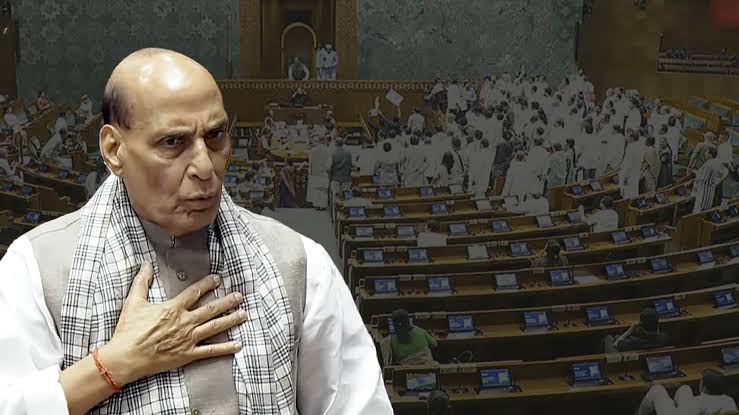The Bihar government has taken a significant step to ensure every child receives an education, directing district magistrates to identify children working at brick kilns, construction sites, and other labor-intensive areas and enroll them in schools. The initiative, led by the state’s Education Department, is a crucial effort to uphold the Right to Education Act, which mandates free and compulsory education for children between the ages of six and 14.
This directive follows a door-to-door campaign that aimed to identify out-of-school children and bring them into the education system. Authorities have now expanded their focus to children engaged in cattle grazing and domestic labor, ensuring that no child is left behind due to economic hardships or parental reluctance. The Education Department has reassured that admissions will remain open year-round, removing barriers such as missing deadlines at the start of the academic session. However, children will need Aadhaar cards for enrollment, prompting officials to assist families in obtaining the necessary documentation.
In a letter sent on February 3, Additional Chief Secretary of the Education Department, S Siddharth, urged district officials to launch a sustained campaign to identify and enroll children who have been deprived of education due to their work obligations. The letter highlighted concerns that many children employed at brick kilns or construction sites often reside at their workplaces, away from their families, making them particularly vulnerable to missing out on schooling.
Teachers and education officials have long struggled to integrate such children into the school system. A government school teacher from Munger acknowledged that, despite years of efforts, many children remain engaged in agricultural work, domestic chores, or small businesses. “We have seen children looking after cattle, working in fields, or assisting their parents in shops instead of attending school. This renewed effort to reach them is a much-needed intervention,” the teacher remarked.
Bihar has over 73,000 government schools catering to students in classes 1 to 8, with approximately 1.5 crore children in the six-to-14 age group already enrolled. However, authorities recognize that thousands more remain outside the system due to economic and social challenges. The new initiative aims to bridge this gap by proactively identifying and enrolling out-of-school children, ensuring that education becomes a reality for every child, regardless of their circumstances.
This move underscores Bihar’s commitment to eradicating child labor and strengthening its education system. By focusing on the most vulnerable children, the state hopes to build a future where no child is deprived of their fundamental right to learn and grow.




